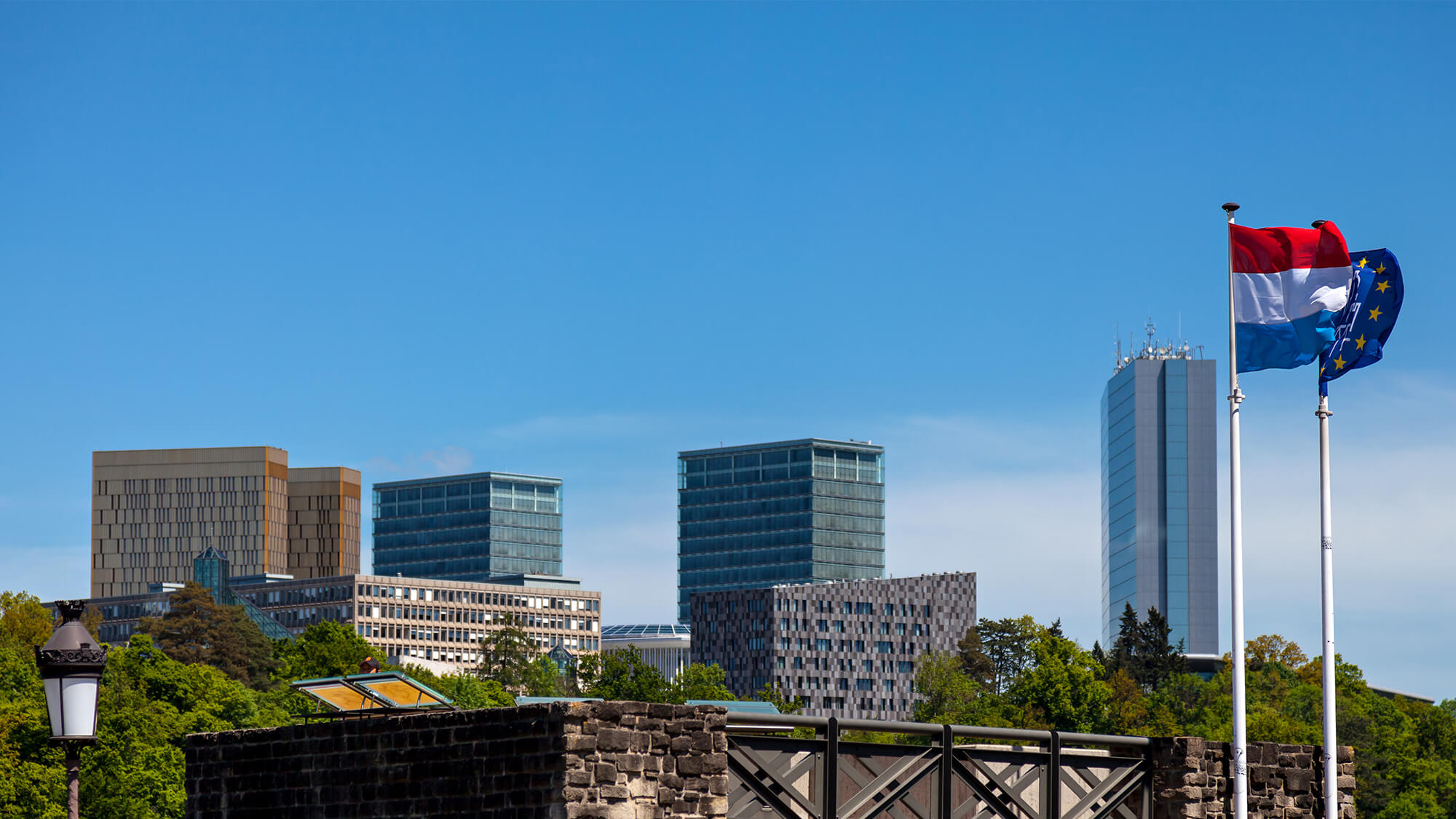Arriving, settling and working in a new country is never easy when you are not familiar with the authorities and their procedures. Then when you go to sort things out, you don’t have the right papers with you which is frustrating. If you are a newcomer to Luxembourg, this article will help you ensure you don’t forget anything and can knock on the right doors straight away.

1. Declarations of arrival and registration
Two declarations are required for stays of more than 90 days in Luxembourg:
- The declaration of arrival, to be made within 8 days. All you need to do is go to your new local authority/commune with an identity document and your family documents (family record book, marriage certificate, etc.), if applicable. Remember to ask for a certificate of residence, as this will be useful for other administrative procedures.
- The declaration of registration must be made within 3 months of your move. This is also done at the local authority (and can be done at the same time as the declaration of arrival). In addition to your identity and family documents, you will also need to present your employment contract.
Keep the certificate of registration that you will be given, as you may be asked for it when you open a bank account, for example.
2. Registering for social security
You may not have to do anything, because as a rule, your employer is responsible for registering with the CNS (Caisse Nationale de Santé).
It is possible to add your children and your spouse to your health insurance. This is done by making an appointment with the CNS.
The CNS (Caisse Nationale de Santé) is responsible for reimbursing medical costs: up to 88% of the costs for adults and 100% of the costs for children and under-18s.
For all other costs, as well as for better hospital care (i.e. a private room if you stayed in hospital) and better dental and eye coverage , supplementary health insurance is a must.
3. Tax declaration
For this, you don’t have to do anything. The Centre Commun de la Sécurité Sociale (CCSS) notifies the tax authorities of your arrival in the Grand Duchy. The CCSS will send you your tax deduction form within 30 days of your registration.
This form should be given to your employer to enable them to calculate the taxable amount of your income, which will be deducted directly from your salary.
Tax returns are not always compulsory. However, it is in your interest to file one. Indeed, interest on a mortgage, household help, a couple of insurance premiums and many other tax-deductible costs will not be included without your involvement.
4. Your marriage and your children
The recognition of your marriage allows you to benefit from tax advantages and additional guarantees for social security, inheritance and the filiation of children.
Both spouses must go to the civil registrar in their new commune with their passports and marriage certificate.
If you have children, you will soon become familiar with the Caisse pour l’Avenir des Enfants (CAE), which provides most of the financial assistance for families: family allowances, back-to-school allowances and birth allowances.
Finally, if you have young children who need looking after (under 12 years old), there is also financial assistance available, called Chèque-Service Accueil (CSA). All your other childcare costs are tax deductible.
5. Open a bank account
To collect your salary and pay your rent, it is recommended that you open a bank account.
The bank will ask for:
- Your passport or identity card
- Your certificate of residence
- Proof of address (rental agreement, energy bill, etc.)
- A salary slip or employment contract
- Your tax identification number (to be found on the social security card)
With your bank account, you will receive a free Luxtrust token. This device serves as a digital identity and usually costs between €50 and €150. It allows you to carry out a number of online procedures, such as your tax return.
6. Mandatory and recommended insurance
When you arrive, you have six months to register your vehicle while you find your feet with your move.
Only car or motorcycle third-party liability insurance is compulsory in Luxembourg. This does not mean that other insurance policies are not important.
Taking out supplementary health insurance is therefore strongly recommended. This will enable you to obtain better reimbursements for hospitalisation costs or glasses, for example.
Whether you are a landlord or a tenant, home and tenant’s insurance/ renters insurance is not compulsory either, but is usually required in the rental agreement. In fact, these insurance policies are essential as they protect you against damage (water damage, fire, etc.) and cover your property.
At Foyer, benefit from the best guarantees and coverage with mozaik modular home insurance and car insurance. In addition, medicis supplementary health insurance guarantees comprehensive cover for all your healthcare expenses.
Any more questions?
It’s normal, there’s a lot to say…To get a complete picture of what your new life in Luxembourg has in store for you, download our newcomers’ guide.



